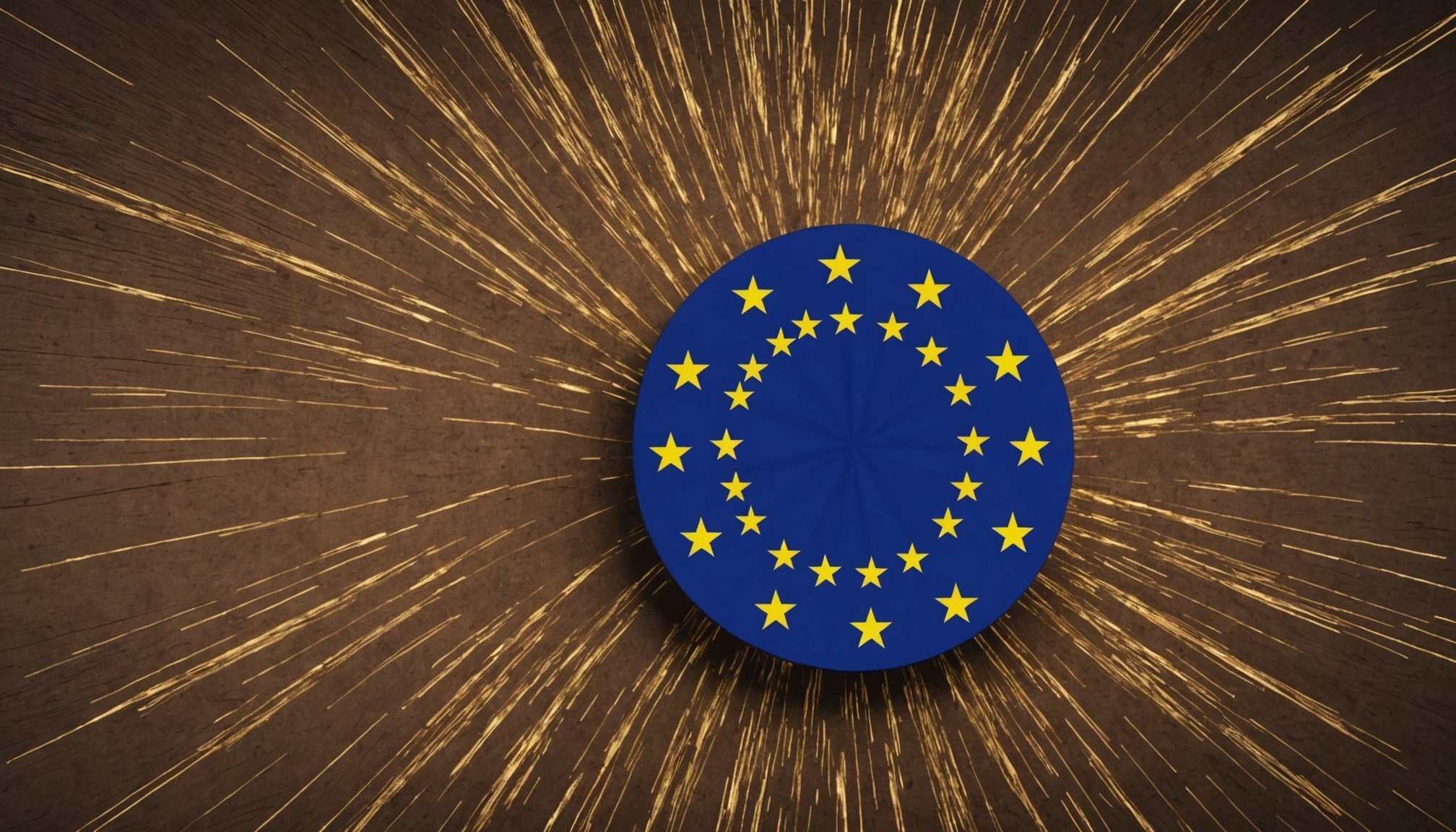The UK’s Decision to Join the European Economic Community
The UK’s EEC membership in 1973 was shaped by both economic necessity and political strategy. After two earlier unsuccessful applications in the 1960s, the UK sought entry to strengthen its economy through access to a larger common market and to reinforce its geopolitical standing during the Cold War era. The UK government viewed joining the European Economic Community as a way to secure trade benefits and modernize its industrial base.
Politically, the UK was motivated by a desire to influence European integration rather than being sidelined. The early 1970s saw a shift, with the Labour government and Conservative opposition debating the merits of membership. While many politicians emphasized the economic advantages, concerns over sovereignty and national identity also arose, reflecting the complex nature of the UK-EU relationship origins.
Also read : How is the UK education system adapting to new technological advancements?
Public reaction was mixed but generally positive in 1973, leading to the 1975 referendum that reaffirmed membership. Early support highlighted hopes for economic growth, yet scepticism persisted, particularly among trade unions and left-wing groups skeptical of the EEC’s impact on British sovereignty and economic independence. This initial phase set the stage for the evolving historical context of the UK’s relationship with the EU.
Major Treaties and Shifting Dynamics
Understanding the UK-EU relationship origins requires examining crucial treaties that shaped this dynamic. The Single European Act (1986) marked the first major revision of the EEC Treaty, aiming to establish a single market by 1992. This treaty accelerated integration and required the UK to adapt its policies to embrace deeper economic cooperation, highlighting economic factors pivotal to the UK’s evolving role in Europe.
This might interest you : What Are the Implications of Recent Economic Policies on Everyday Britons?
The Maastricht Treaty (1992) further expanded the EU framework, introducing political union elements, a common currency, and shared foreign policy goals. This treaty significantly affected the UK EEC membership by introducing areas where the UK negotiated opt-outs, such as refusing the euro and certain justice policies. These opt-outs underscored the political complexities embedded in the historical context of UK-EU relations.
UK-EU negotiations during this period showcased Britain’s balancing act between integration benefits and safeguarding sovereignty, reflecting a cautious approach to deeper European integration. Early public sentiment echoed this cautiousness, as increased EU policymaking integration sparked debate over national control versus economic advantage, directly influencing the UK’s role within the EU’s policymaking landscape.

Comments are closed